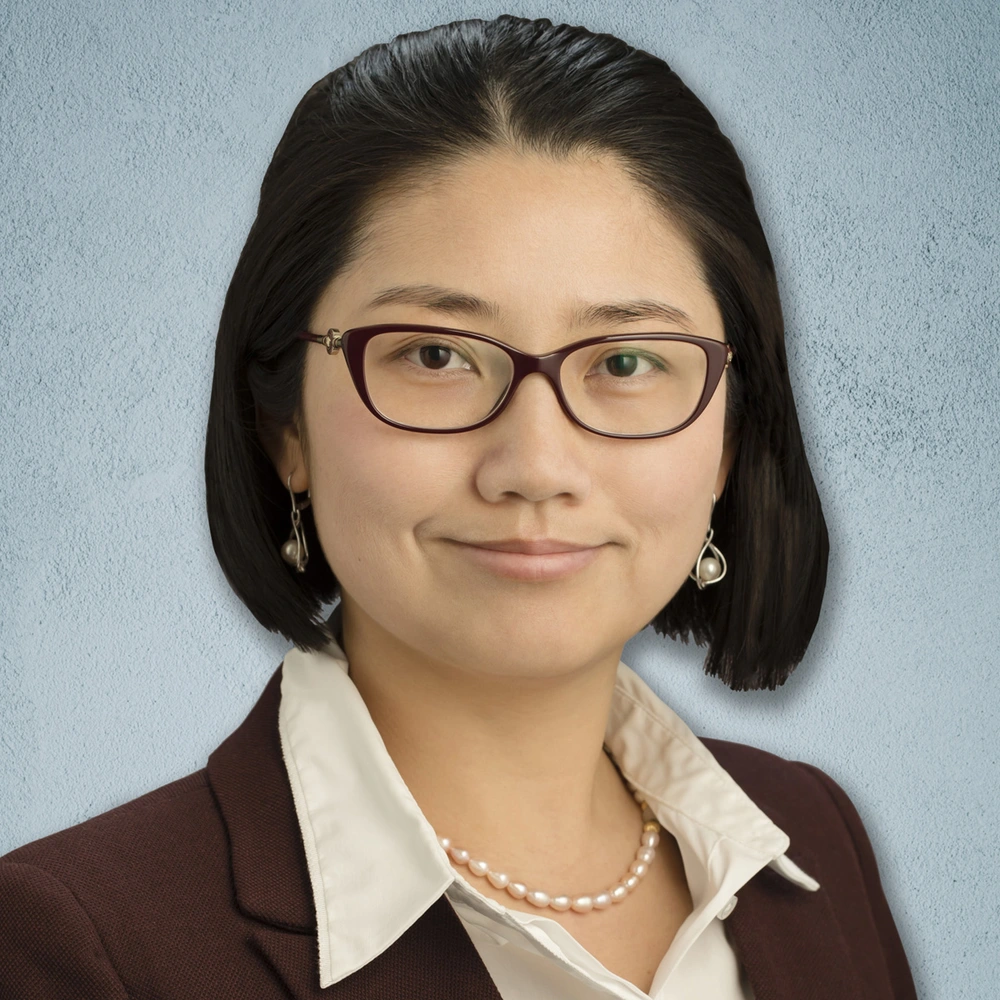
Eight cross-disciplinary teams with novel ideas to probe the relationship between the gut microbiome and the brain will receive awards totaling $1 million in the final year of Scialog: Microbiome, Neurobiology and Disease, an initiative sponsored by Research Corporation for Science Advancement, The Paul G. Allen Frontiers Group and the Frederick Gardner Cottrell Foundation, with support from the Walder Foundation.
The 19 individual awards of $50,000 in direct costs will go to 16 researchers from a variety of institutions across the United States and Canada, including University of Illinois Urbana-Champaign chemistry professor Mei Shen. A previous awardee of this initiative in 2021, Shen is now part of two collaborative Scialog teams with this 2023 award.
Shen’s 2023 Scialog team, which includes Heather Bean, life sciences professor at Arizona State University, and Yanjiao Zhou, professor of medicine at the University of Connecticut Health, will investigate the influence of air pollution VOCs (volatile organic compounds) on Alzheimer’s disease-like pathology.
At Illinois, Shen’s research primarily focuses on developing nanoelectrochemistry techniques to unravel the mysteries of brain communication and diseases. Other interests in her lab include monitoring rapid transmitter dynamics in mice brain. In addition to chemistry, Shen is also a member of The Beckman Institute for Advanced Science and Technology, Carl R. Woese Institute for Genomic Biology, Center for Biophysics and Quantitative Biology, and is affiliated with the Department of Bioengineering on the UIUC campus.
“When they come together, people from many different disciplines can formulate new research directions and new possibilities for discovery that perhaps they couldn’t do on their own,” said RCSA President & CEO Daniel Linzer. “Helping each other get away from their comfort zones and do something risky can lead to interesting science.”
Scialog is short for “science + dialog.” Created in 2010 by RCSA, Scialog initiatives support research by stimulating intensive interdisciplinary conversation and community building around an important scientific theme. Teams of two or three Fellows who have not previously collaborated compete for seed funding for high-risk, high-reward projects based on the innovative ideas that emerge at the conference.
Thirty chemists, physicists, biologists, and neurophysiologists met April 20-23, 2023, in Tucson, Arizona, for the initiative’s final conference. Due to ongoing pandemic concerns in 2021 and early 2022, the initiative’s first two meetings were held virtually.
Barbara Bendlin of the Alzheimer’s Disease Research Center, University of Wisconsin-Madison, set the stage for two days of spirited discussions with her keynote talk, “Gut Microbiome as a Potential Target for Intervention in Alzheimer’s Disease?”
Bendlin discussed the use of brain imaging and fluid biomarker analysis to study Alzheimer's pathology. She drew on research conducted in her lab and in others’ pointing to the importance of modifiable risk factors and the role of the gut microbiome in Alzheimer's.
“We can think about lifestyle factors like physical activity, sleep, behavior, diet, smoking and alcohol, but also about ecosystems that people live in, what kinds of foods they have available to them, built environments, walkability, green space – the social determinants of health,” she said. “But where do microbes come in? We know that microbes themselves are an exposure, but they could also mediate the impact of other exposures.”
With conversation partners assigned to maximize meeting as many new people as possible, Fellows participated in breakout discussions on such topics as microbiome impact on therapeutic resistance, microbiome and neurodevelopment, and the mechanisms of gut-brain communication. Larger discussion groups were led by Bendlin and two other facilitators, Ali Keshavarzian, Rush University School of Medicine, and Raghuveer Parthasarathy, University of Oregon.
Over the course of the meeting, participants gathered themselves into teams around emerging ideas for novel research they might pursue together. Teams pitched their proposals the final day of the meeting.
Read the full announcement.